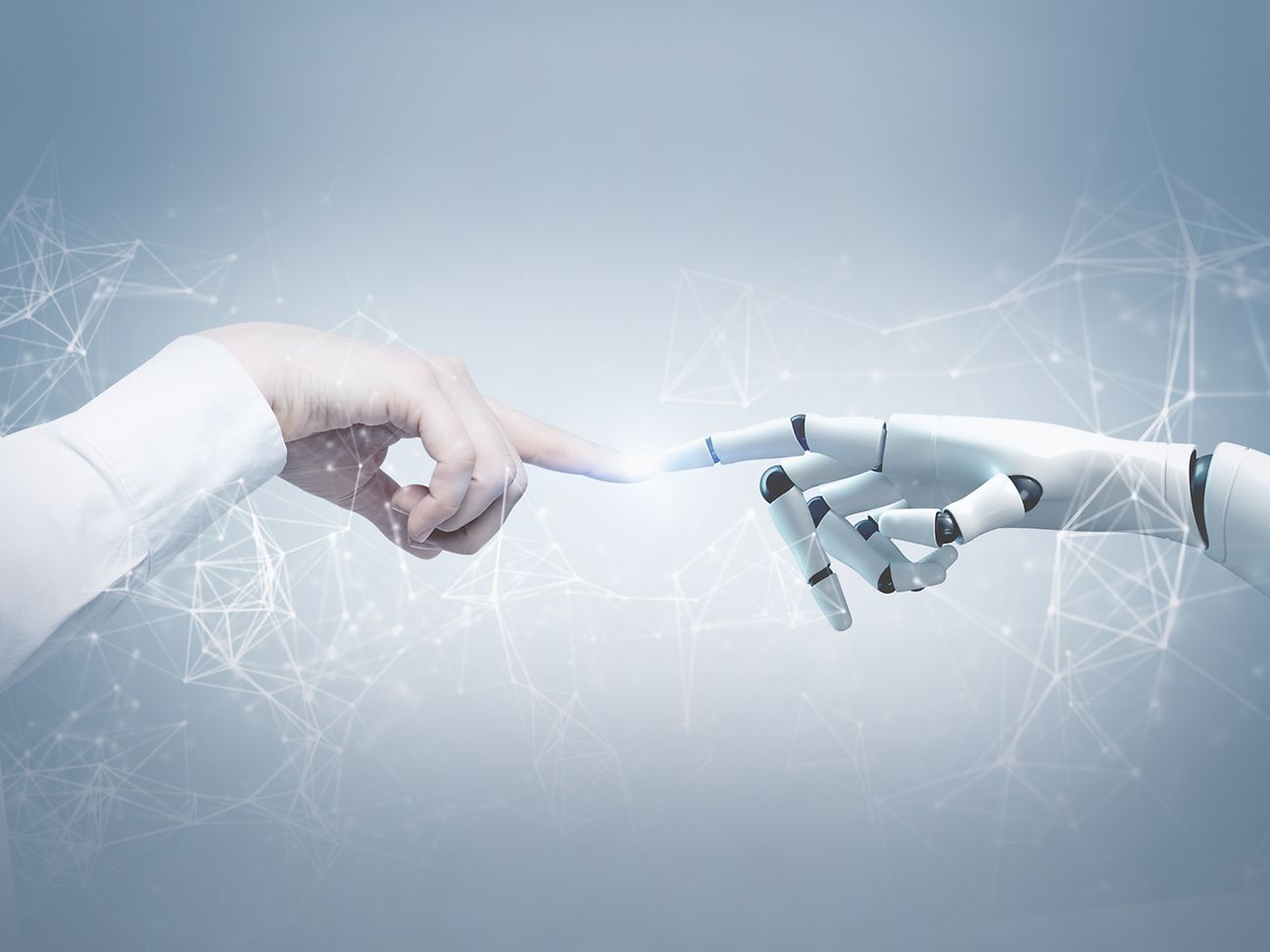

Digitization and data privacy – a contradiction in terms?
My data belongs to me. Or not, as the case may be. The digitization of our society is connecting more and more people, machines and devices. And everywhere data is generated, collected, processed and evaluated. What role does privacy play in this? Does it tend to be ignored in this digitized world, or can individuals still be 'masters of their data'? Who bears digital responsibility for data privacy?
Experts anticipate that over 50 billion devices, ranging from smartphones and cars to industrial machines, will be connected by the year 2020. Digitization undoubtedly produces great opportunities - more safety on the roads, for example, thanks to self-driving vehicles. Or machines that take over tedious tasks, communicating directly with each other. And even longer and healthier lives for us thanks to telemedicine applications and new research results based on big data analysis.
However, if digitization is to succeed, it is vital that people have faith in the confidentiality of their personal data. "If they do not have trust, people will not use the new services. On the contrary, their reaction is more likely to be to obstruct digitization developments," says Thomas Kremer, Board member responsible for Data Privacy, Legal Affairs and Compliance at Deutsche Telekom. "Politics, business, science and society therefore share responsibility for developing the right framework parameters to ensure that people will be able to trust the new services."
Germany and Europe traditionally maintain high standards in data privacy. With its General Data Protection Regulation, the European legislator created a set of rules that guarantee a high level of data privacy and, at the same time, allow for new digital business models. "Details still have to be defined but the framework parameters are the right ones," Kremer comments.
However, legal regulations are not enough in themselves. It is also vital that business enterprises place a main focus on the digital sovereignty of their clientele. In other words, "Customers must be able to understand what their data will be used for and then take a deliberate decision on it," explains Claus-Dieter Ulmer, Group Privacy Officer at Deutsche Telekom. However, enterprises must do more than simply establish transparency with regard to how they use the data. They must, above all, also develop privacy-friendly solutions. Ulmer comments, "It is vital right from the start to involve privacy experts in the development of new products and services that process personal data. In addition to this, digital business models require effective anonymization and pseudonymization methods to ensure that individuals cannot be identified without their consent." In order, above all, to guarantee maximum data privacy in new digitization business areas, Deutsche Telekom has drawn up guidelines specifically for the evaluation of big data and the Internet of Things.
Last but not least, users themselves must decide on how their data is to be used. To do so, they must be educated and informed about how to handle the technologies involved – right from a very early age. Thomas Kremer: "Only when all the parties involved actually interact will we fulfill the requirements for digitization that respects individual sovereignty."
